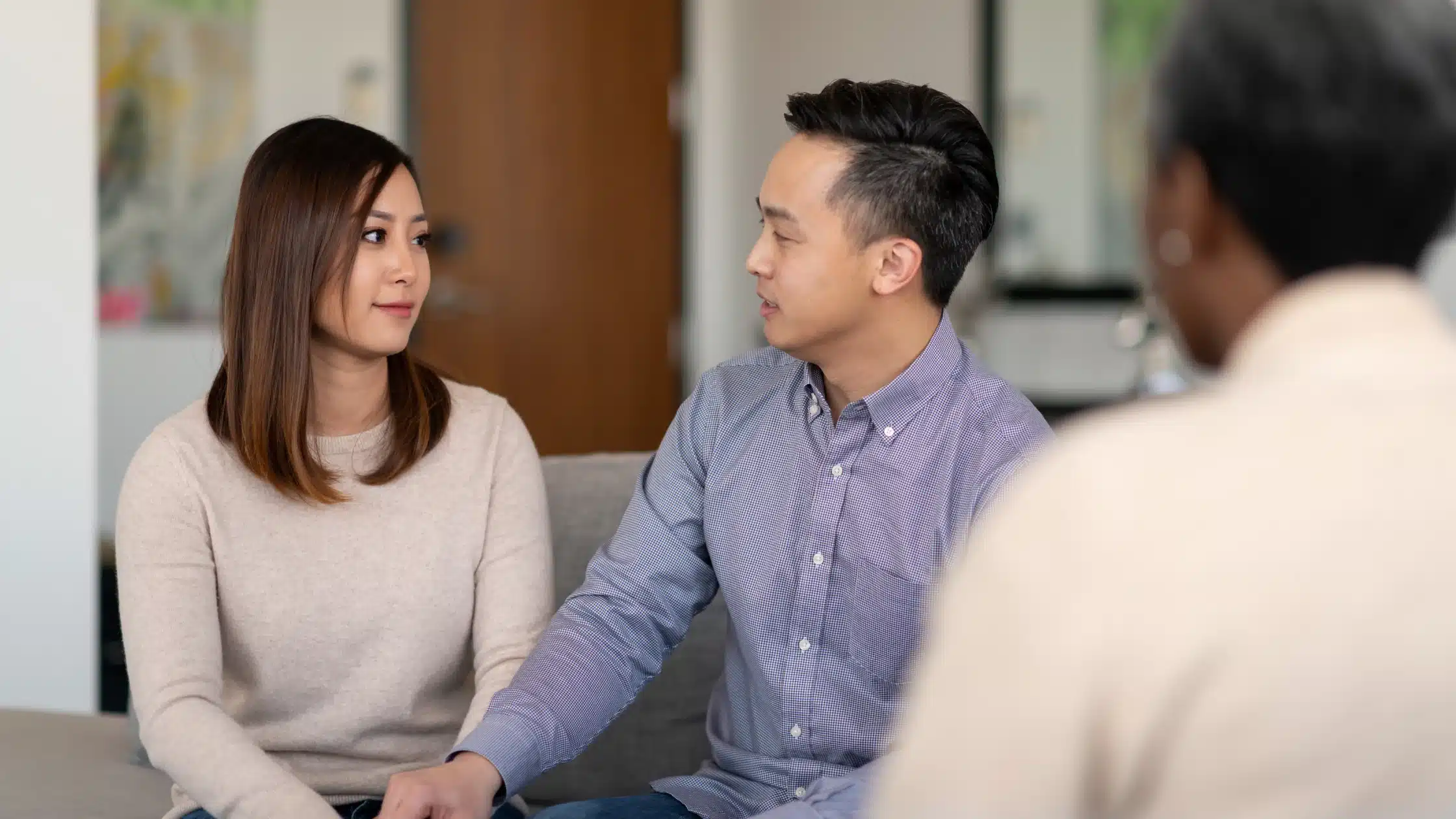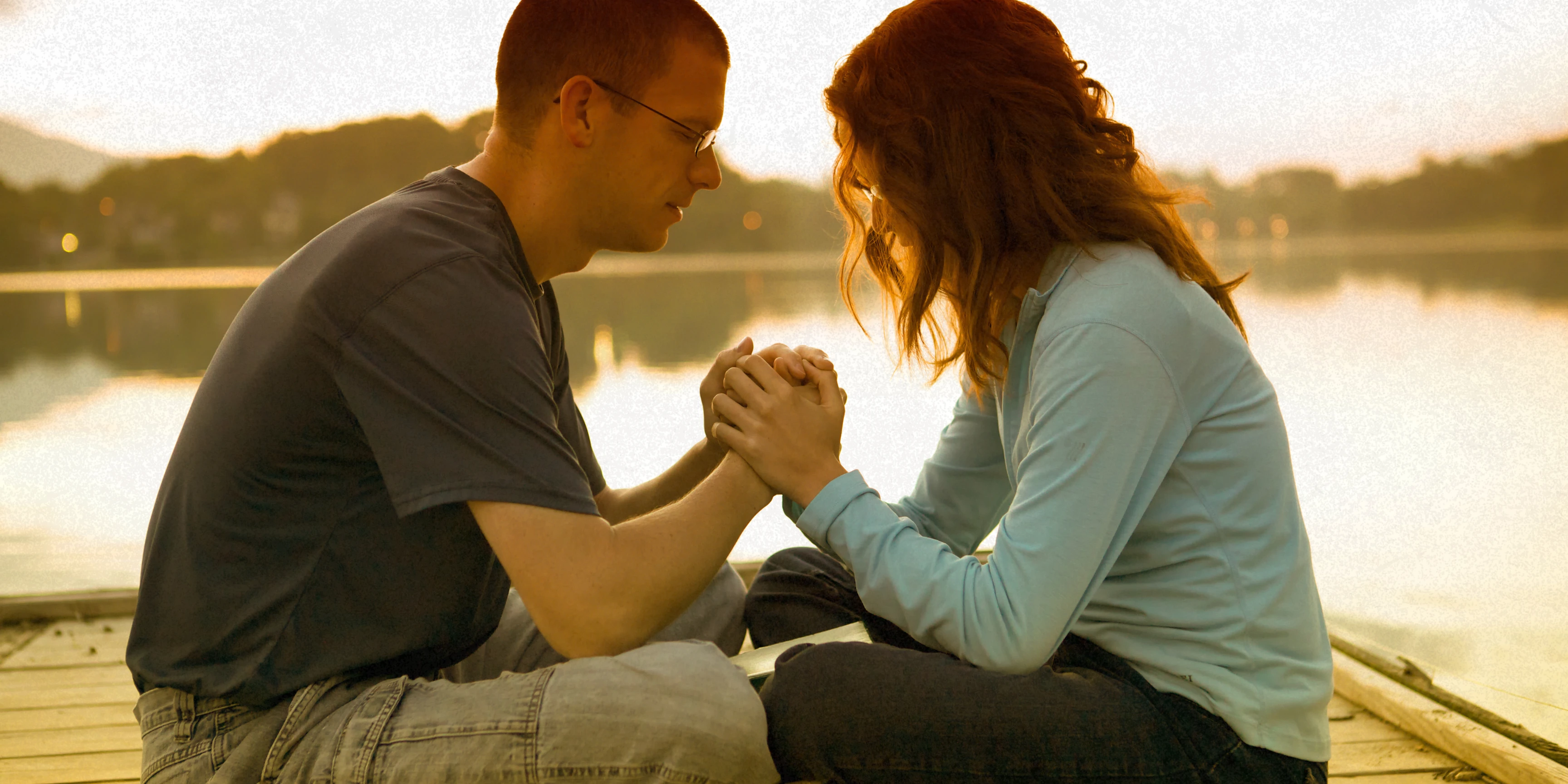Couples therapy offers a space to build the safety necessary to thrive in one’s relationship. It provides opportunities to name emotions, express needs, and better understand what is happening for each partner during interactions. It is a place to address how, when, and why conflict is occurring. Or perhaps why there are barely any interactions happening at all. Building an understanding of one another and ultimately feeling more connected are some of the main goals of couples therapy.
There are various kinds of couples therapy. While the research on multiple approaches is growing, it’s vital that researched interventions are used since not all couples therapy is created equal. In fact, if it is not intentional and informed, it can be harmful. Read on to get a glimpse of what to expect from couples therapy, mainly using the Gottman Method. From the intake session to the end.
What happens in couples therapy?
Intake
The Gottman Method provides invaluable information for couples and structured exercises to address issues in and outside of the therapy room. It also follows a structured start to therapy. There will be an intake session with both partners present to explore the history of their relationship and clarify their goals for couples therapy. There may even be time at the end of the session dedicated to a "conflict discussion". This is where the couple is invited to engage in a discussion about something they often argue about in order for the therapist to gauge communication patterns, detect roadblocks and observe strengths within the couple. During this discussion, the couple is encouraged to talk about something that is not extremely heavy that will activate one or both partners, and it usually lasts less than ten minutes. Additionally, the therapist will not intervene at this point; this is strictly observational.
Assessment
The therapist will then invite the couple to complete an in-depth relationship assessment that explores various aspects of the relationship. It offers a chance for each partner to honestly and confidentially share their struggles and experience within the relationship. This assessment can take 45-60 minutes to complete but is essential for gathering where each partner is at in the relationship. Ideally, this is completed prior to the individual sessions. The therapist will then meet with each partner separately to further clarify their hopes for therapy and explore their family history. They will also discuss other parts of the relationship in need of attention that may have shown up in the assessment.
Ongoing Sessions
As far as what the therapy sessions look like, they will always include the therapist asking questions. But per the Gottman Method, as much as possible, interactions are between the partners. The therapist may interrupt when the four horsemen enter a conversation. This is to offer a different way to express to one’s partner what they are feeling and what they need. The couple would receive structured activities and guidelines around how to navigate conflict, integrate rituals of connection, and create shared meaning. One way to think about it is: the couple brings in the “what” to talk about and the therapist brings in the “how” to talk about it.
When is therapy over?
The short answer is: it depends on your goals as a couple for therapy. However, some helpful signs that therapy is working are when there is less conflict, decreased escalation, and more productive conversations. You also might feel more connection with your partner, and rituals are developed to connect and navigate conflict. Other indications of progress include more understanding of oneself and your partner. There is more effective communication, compromises, and clarity on your hopes and goals for the future of your relationship.
Something to know
Something for couples to keep in mind (and anyone entering therapy in any capacity) is that it takes time. Change does not occur overnight. Especially behaviors that have been ingrained in us perhaps all our lives that we are just now understanding about ourselves. For a long-standing change to occur, it takes time to integrate new habits, ways of thinking, and relational patterns. Check in with your therapist about your progress as a couple. Express where you’d like to be, and what your needs are for this space. Ready to start? Or have more questions? Reach out for a consult or intake session to start strengthening and healing your relationship now.


